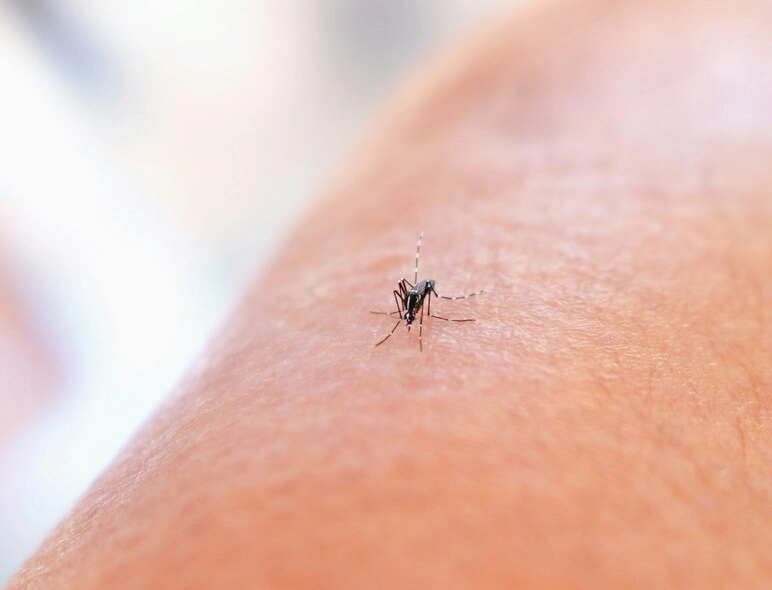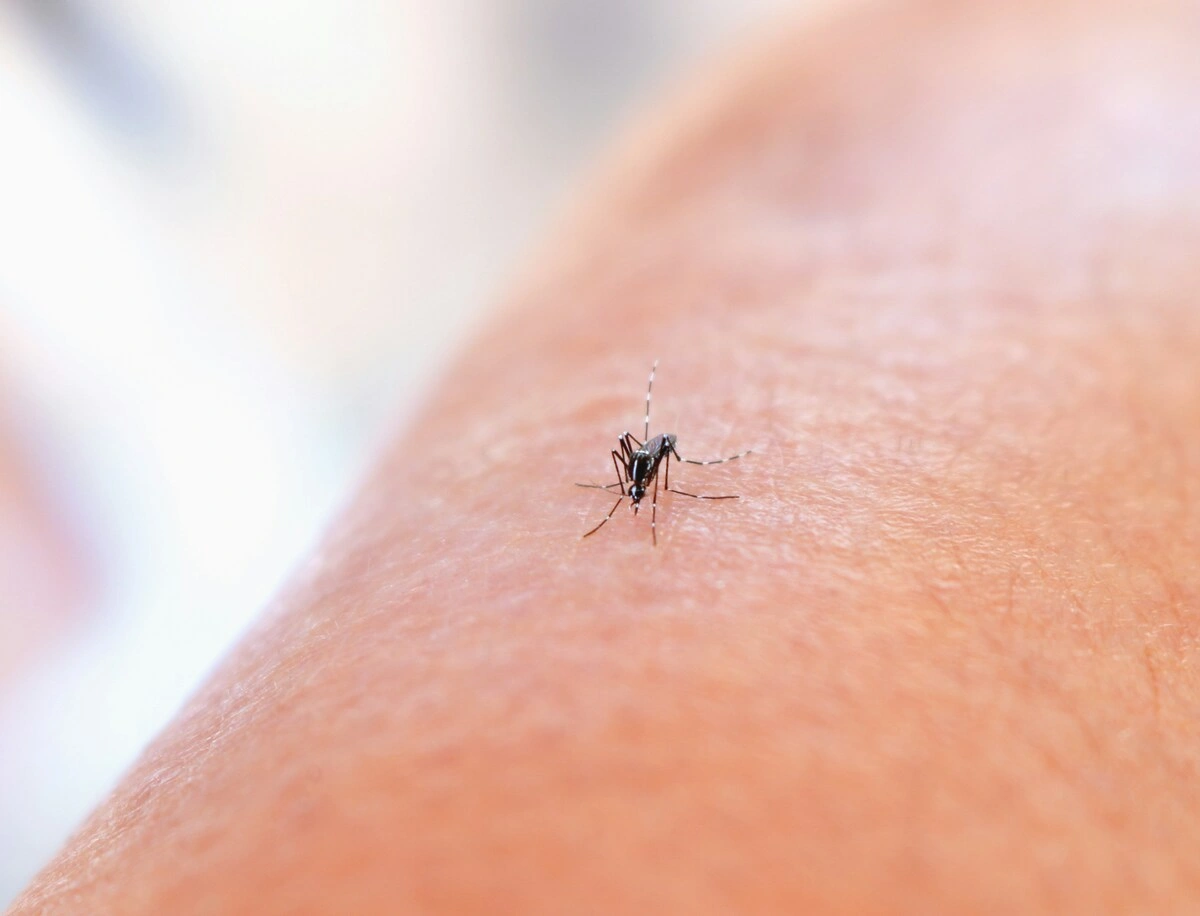
For as long as anyone can remember, Iceland has been one of the few places on Earth blissfully free of mosquitoes. But that’s no longer the case. Scientists have confirmed the discovery of mosquitoes in the Nordic nation — a first in its history.
Global warming has made Iceland increasingly hospitable to insects that once couldn’t survive its harsh climate. Until recently, the only other mosquito-free place on the planet was Antarctica. Researchers have long predicted that mosquitoes could eventually thrive in Iceland, given its abundance of swamps and ponds, their ideal breeding grounds. Still, a few species were thought capable of enduring the country’s extreme cold.
That, however, is changing fast. Iceland is now warming four times faster than the average for the rest of the Northern Hemisphere. Glaciers are collapsing, and fish that typically prefer warmer waters, such as mackerel, have begun appearing in Icelandic seas.
As global temperatures rise, mosquitoes are expanding their reach worldwide. In the UK, for instance, eggs of the Aedes aegypti mosquito — known for spreading tropical diseases like dengue, chikungunya, and Zika — were discovered this year. The invasive Asian tiger mosquito (Aedes albopictus) has also been spotted in Kent.
Matthías Alfreðsson, an entomologist at the Natural Science Institute of Iceland, confirmed the discovery. He identified the insects after a citizen scientist sent them in for analysis.
“Three specimens of Culiseta annulata were found in Kiðafell, Kjós — two females and one male. They were all collected from a wine trap used to attract moths,” Alfreðsson told The Guardian.
The Culiseta annulata species is known for its resilience to cold climates, capable of surviving the Icelandic winter by hiding in underground spaces and barns. Björn Hjaltason shared his find in the Facebook group Insects in Iceland.
“At dusk on 16th October, I noticed a strange fly on a red wine trap,” Hjaltason wrote, referring to the lure he uses to attract insects. “I immediately suspected something unusual — and when I caught it, I realised it was a female mosquito.”
Hjaltason later captured two more mosquitoes and handed them over to scientists, who confirmed what many thought impossible: mosquitoes have officially arrived in Iceland.



 Mirella Pandjaitan
Mirella Pandjaitan
 Oct 27, 2025
Oct 27, 2025